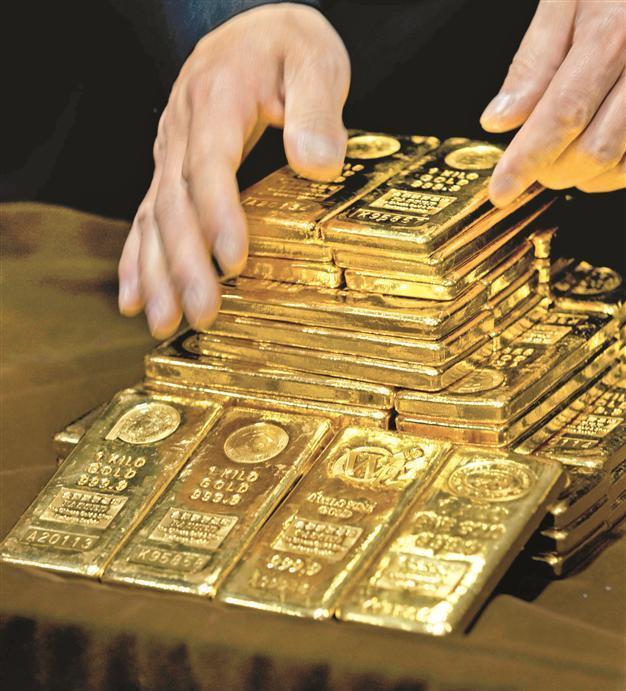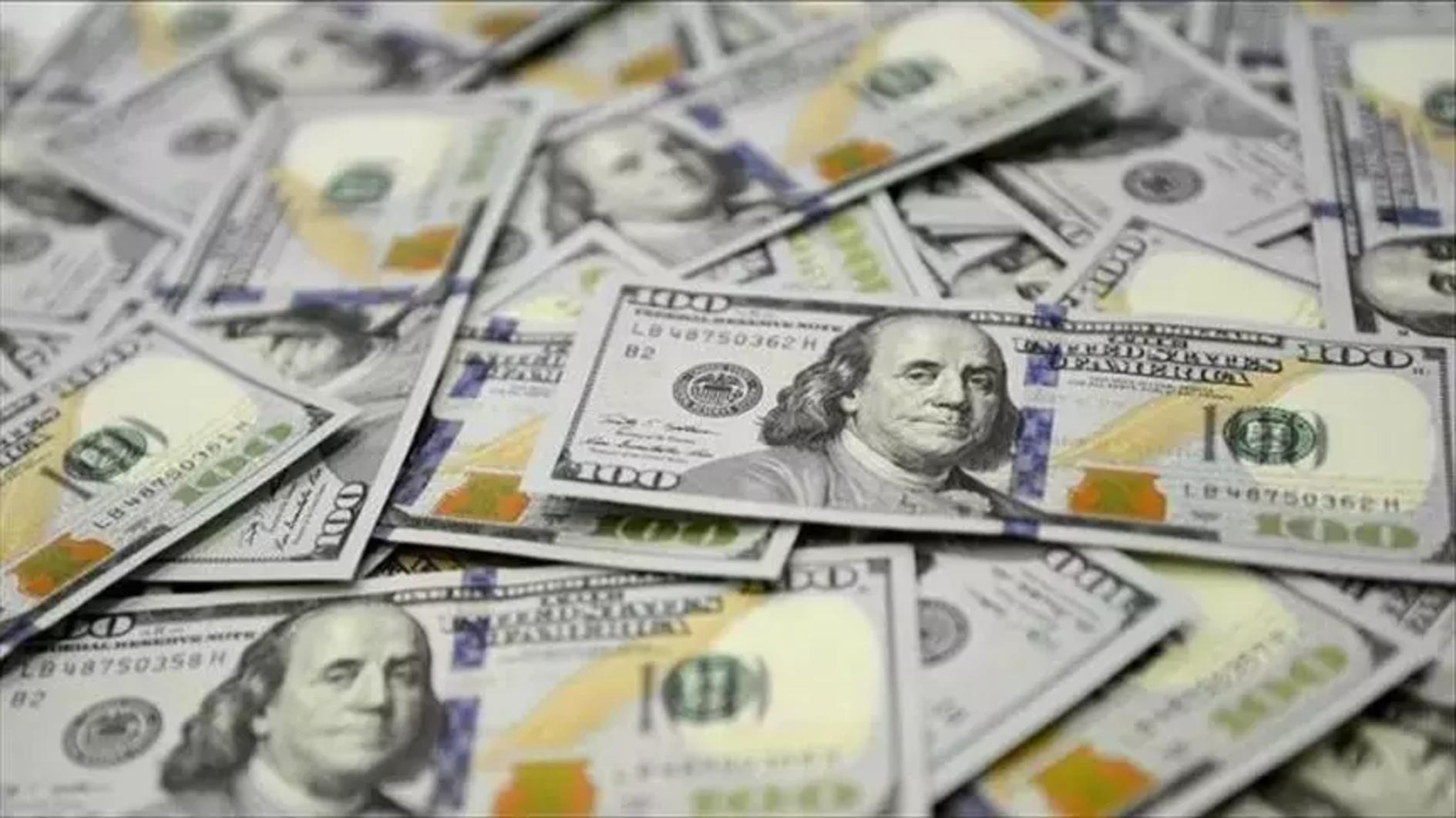Turkey slashes gold reserves after a year
NEW YORK - Reuters

While Turkey cut its gold reserves in June, Russia raised its own, an IMF report shows. AP photo
Turkey, which has the world’s 11th-largest gold reserve, reported a 3.8 ton decrease to 441.5 ton in June, the first monthly drop since June 2012, the International Monetary Fund (IMF) said in a monthly report.Turkey’s gold holdings rose in the 12 months prior to June, partly due to a decision by the country’s central bank to allow commercial banks to hold a portion of their lira reserves in gold.
The IMF’s monthly International Financial statistics report released this week showed Turkey, Germany and seven other countries shed some of their bullion holdings that month.
Germany, the world’s second-largest gold owner, reported a 0.8 ton decrease to 3,390.6 tons in June.
Other countries that also reduced their gold holdings include Suriname, Guatemala, Mexico, Zimbabwe, Costa Rica, Czech Republic and Denmark.
However, the increase in gold holdings of eight countries including Russia, Ukraine and Azerbaijan reflects strong interest on the part of emerging economies to own gold as part of their reserves.
Investors are closely monitoring any possible shift in central bank attitudes toward gold after bullion prices plummeted to as low as $1,180 an ounce in late June, down from around $1,700 at the start of this year. Spot gold dropped 1 percent to $1,320 on July 26.
Fears of an imminent scaling back of the U.S. Federal Reserve bond-buyback stimulus and an improving global economic outlook have severely undermined gold’s investment appeal.
Data showed Russia’s gold reserves climbed 0.3 tonnes to a total of 996.4 tonnes in June for its ninth consecutive monthly increase. Russia has the world’s seventh-largest bullion holdings excluding the IMF’s.
Ukraine raised its gold by 2.5 tons to 38.9 tons, and Azerbaijan added by two tons for a total of eight tonnes.
The Central Asian countries continued to accumulate the yellow metal, with Kazakhstan increasing its holdings by 1.4 tonnes to 130.9 tonnes and Kyrgyzstan raising its stocks by less than 0.1 tonne to 3.3 tonnes.
Greece, Belarus and Bulgaria also reported small increases to their gold reserves.
Central banks as a group became net buyers in 2010 after they had been net sellers the previous two decades. The 2008 global economic crisis triggered resurgent official-sector interest in gold.
















